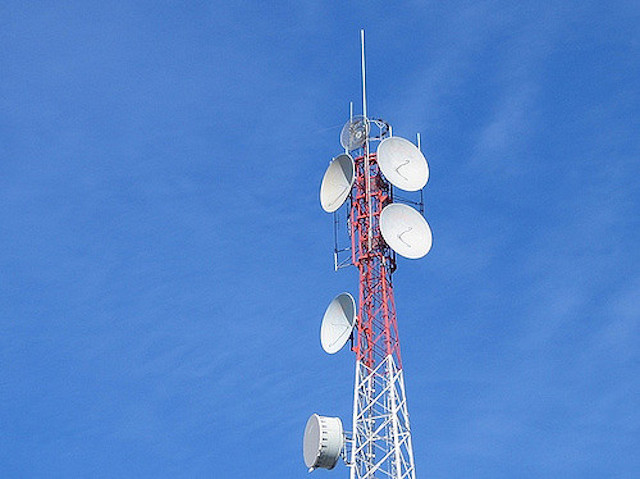The UK is currently the primary location for TV broadcasting in Europe. International broadcasters contribute £400 million each year to the British economy, and create significant spillover effects to other related sectors.
However, as the UK prepares to leave the European single market, questions arise about whether they can continue their business there or whether they need to relocate some operations to preserve access.
Currently, international broadcasters like Discovery Communications Inc., Walt Disney Co., Time Warner Inc. all broadcast from the UK, and they face significant uncertainty as Brexit talks focus first on topics such as citizens’ rights, the Irish border and the divorce bill. The slow pace of the negotiations means trade talks will start later and businesses need to make decisions without knowing all the variables.
According to Bloomberg, “broadcasting is one of the least liberalised sectors in global trade”, and “the EU generally excludes it from free-trade agreements, including from the recent accord with Canada. Thus, after Brexit, a broadcaster with a hub in the U.K. but not elsewhere in the EU risks not being allowed to broadcast into the bloc.”
Amsterdam and Dublin are being touted as possible destinations.
